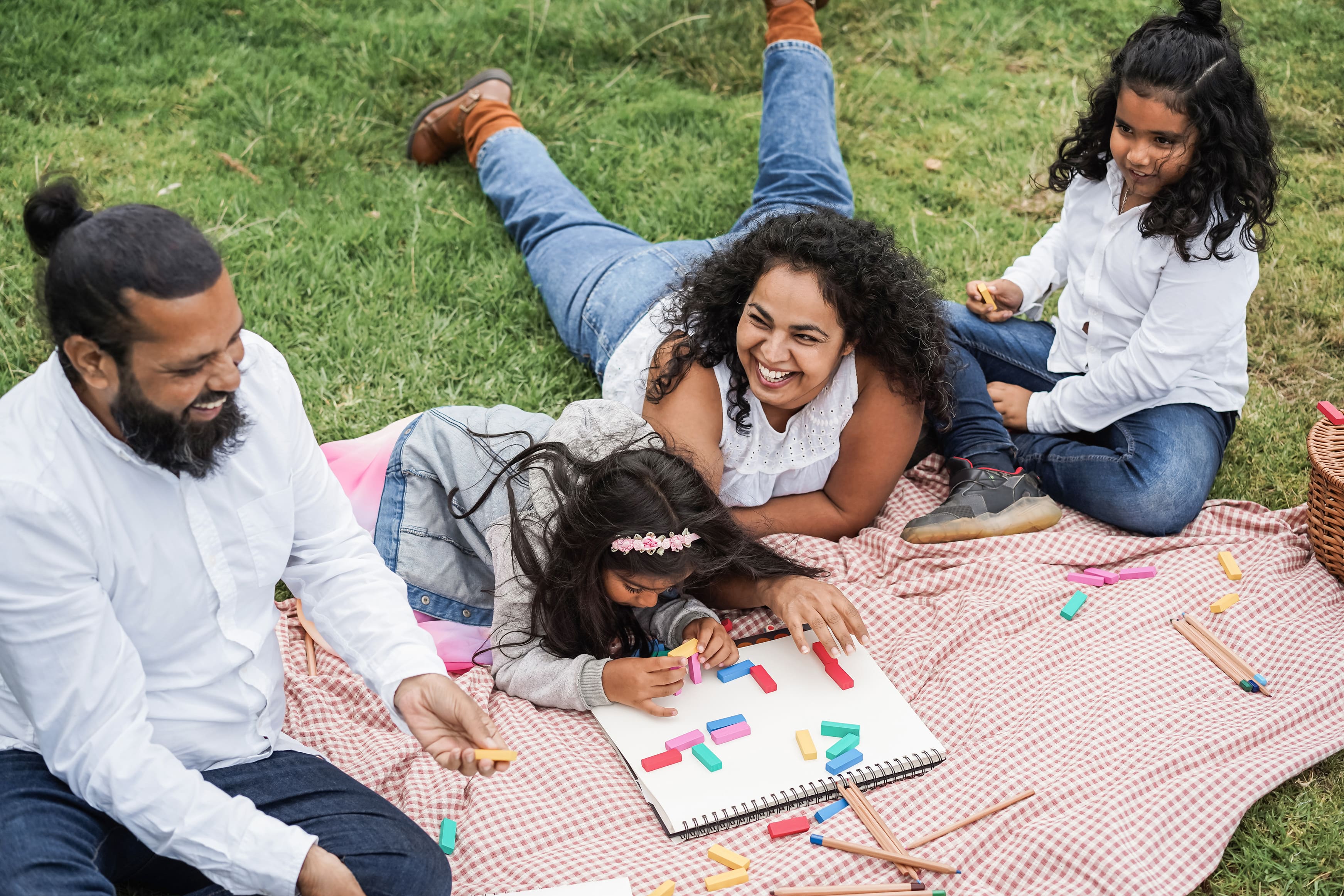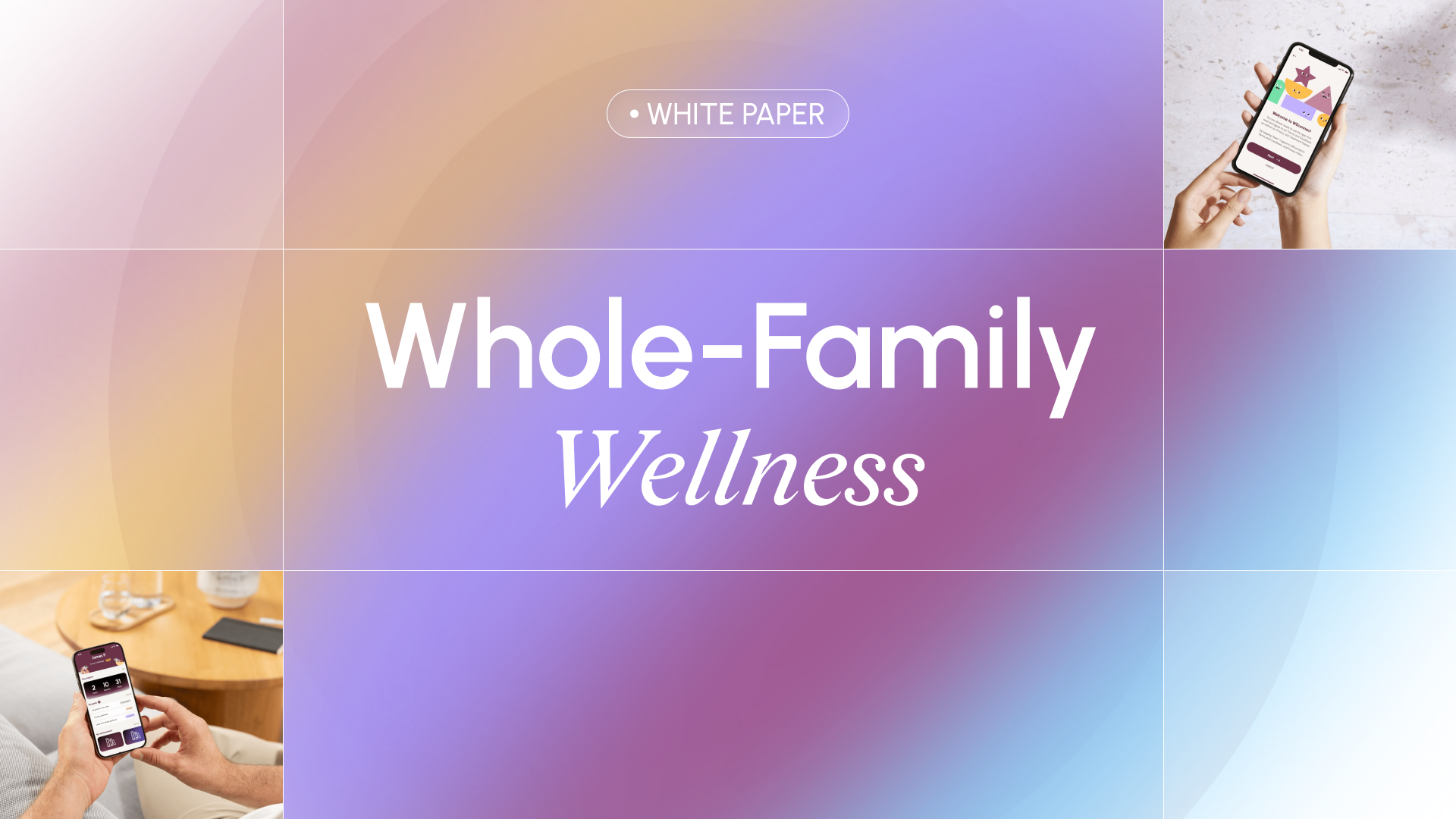As a family member and person in recovery, I have been working for years on deciphering those things I can control from those things that are out of my control. I recently learned about the “Let Them” theory from a podcast and book by author and motivational speaker Mel Robbins. It is by no means a new concept to many of us that have walked this wellness journey, but Robbins’ delivery of the philosophy is one that really resonates with me. The “Let Them” theory is a reminder as a family member, and a support to people dealing with some major life challenges, that I can’t fix, control, or change someone else’s path.
When I am watching someone struggle, especially someone I love deeply, my instinct is often to jump in and save them. I want to take away their pain, fix their mistakes, and keep them safe from the consequences of their actions. But the Let Them theory has reinforced for me that sometimes, the best way I can help is by stepping back, allowing them to face the reality of their situation, and trusting in their ability to grow and learn from their own experiences.
I’ve learned that when I try to control my loved one, I end up putting unnecessary pressure on both of us. I start to take on their responsibility and their choices, and that’s not healthy for me or for them. I can, and do) offer a listening ear, love, support, and encouragement, but I also realize that what they do with it isn’t in my control.
Let them doesn’t mean I don’t care—it’s the opposite. It means I trust that my loved one is capable of finding their way, even if it means they’ll stumble along the way. It’s about learning to sit with discomfort, being there when they need us, and not rushing to “fix” things. It's about letting them build their own strength and resilience.
In my own experience, when I embraced this idea, I began to find more peace in my own journey as a family member of people living with significant life challenges. I stopped trying to do the work for them and focused on my own growth—finding my own support system, my own recovery, and setting healthy boundaries. By letting them, I also freed myself. I stopped carrying the burden of someone else’s struggles. It’s not about giving up on them, but giving them the space to grow in their own time and in their own way. As hard as it is, sometimes the greatest gift I can offer my loved one is the freedom to make mistakes and learn from them.
Emphasize your product's unique features or benefits to differentiate it from competitors
In nec dictum adipiscing pharetra enim etiam scelerisque dolor purus ipsum egestas cursus vulputate arcu egestas ut eu sed mollis consectetur mattis pharetra curabitur et maecenas in mattis fames consectetur ipsum quis risus mauris aliquam ornare nisl purus at ipsum nulla accumsan consectetur vestibulum suspendisse aliquam condimentum scelerisque lacinia pellentesque vestibulum condimentum turpis ligula pharetra dictum sapien facilisis sapien at sagittis et cursus congue.
- Pharetra curabitur et maecenas in mattis fames consectetur ipsum quis risus.
- Justo urna nisi auctor consequat consectetur dolor lectus blandit.
- Eget egestas volutpat lacinia vestibulum vitae mattis hendrerit.
- Ornare elit odio tellus orci bibendum dictum id sem congue enim amet diam.
Incorporate statistics or specific numbers to highlight the effectiveness or popularity of your offering
Convallis pellentesque ullamcorper sapien sed tristique fermentum proin amet quam tincidunt feugiat vitae neque quisque odio ut pellentesque ac mauris eget lectus. Pretium arcu turpis lacus sapien sit at eu sapien duis magna nunc nibh nam non ut nibh ultrices ultrices elementum egestas enim nisl sed cursus pellentesque sit dignissim enim euismod sit et convallis sed pelis viverra quam at nisl sit pharetra enim nisl nec vestibulum posuere in volutpat sed blandit neque risus.

Use time-sensitive language to encourage immediate action, such as "Limited Time Offer
Feugiat vitae neque quisque odio ut pellentesque ac mauris eget lectus. Pretium arcu turpis lacus sapien sit at eu sapien duis magna nunc nibh nam non ut nibh ultrices ultrices elementum egestas enim nisl sed cursus pellentesque sit dignissim enim euismod sit et convallis sed pelis viverra quam at nisl sit pharetra enim nisl nec vestibulum posuere in volutpat sed blandit neque risus.
- Pharetra curabitur et maecenas in mattis fames consectetur ipsum quis risus.
- Justo urna nisi auctor consequat consectetur dolor lectus blandit.
- Eget egestas volutpat lacinia vestibulum vitae mattis hendrerit.
- Ornare elit odio tellus orci bibendum dictum id sem congue enim amet diam.
Address customer pain points directly by showing how your product solves their problems
Feugiat vitae neque quisque odio ut pellentesque ac mauris eget lectus. Pretium arcu turpis lacus sapien sit at eu sapien duis magna nunc nibh nam non ut nibh ultrices ultrices elementum egestas enim nisl sed cursus pellentesque sit dignissim enim euismod sit et convallis sed pelis viverra quam at nisl sit pharetra enim nisl nec vestibulum posuere in volutpat sed blandit neque risus.
Vel etiam vel amet aenean eget in habitasse nunc duis tellus sem turpis risus aliquam ac volutpat tellus eu faucibus ullamcorper.
Tailor titles to your ideal customer segment using phrases like "Designed for Busy Professionals
Sed pretium id nibh id sit felis vitae volutpat volutpat adipiscing at sodales neque lectus mi phasellus commodo at elit suspendisse ornare faucibus lectus purus viverra in nec aliquet commodo et sed sed nisi tempor mi pellentesque arcu viverra pretium duis enim vulputate dignissim etiam ultrices vitae neque urna proin nibh diam turpis augue lacus.
%202.svg)


